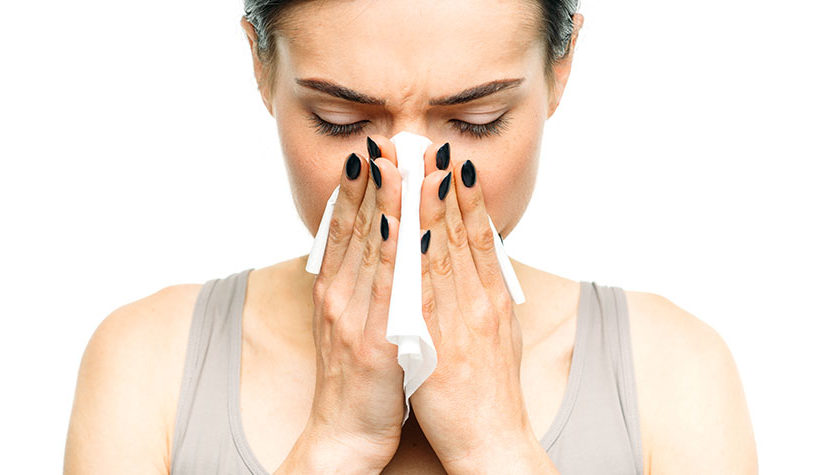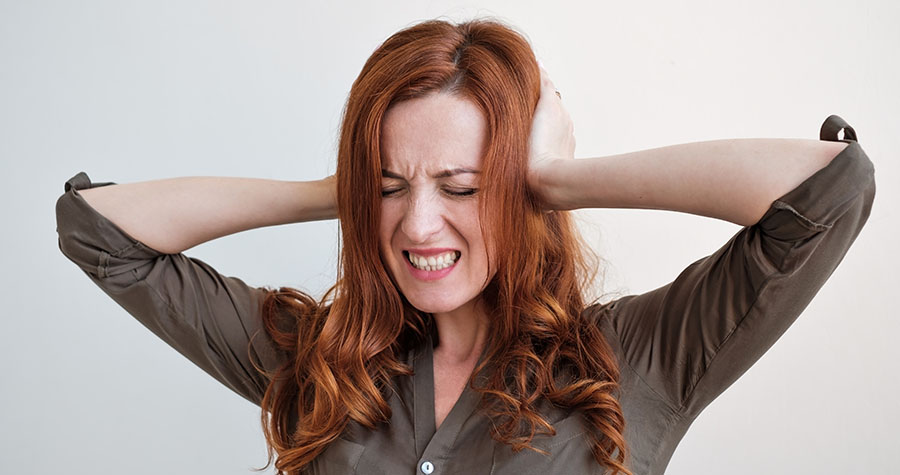When you have decided you like a better treatment plan to manage your allergy symptoms, it is the best time to see an allergist. Before you set up your appointment, you have to prepare lists of things to discuss with your chosen allergy doctor.
When Should You See an Allergist?
Oftentimes, people deal with allergy symptoms for years without finding treatments. Most symptoms are manageable with decongestants and antihistamines, particularly for people who experience only the symptoms seasonally. But, for others, symptoms may either last long enough or severe enough that they disrupt the ability to live an ordinary life. In such cases, you must consider searching for the right treatment.
You must seek medical attention if OTC medications fail to give you relief. Such medications are meant for the short-term use for the reason that over time they start to lose their effectiveness. If you or your kid start to show asthma symptoms, it’s essential to seek a doctor’s guidance immediately. The symptoms of asthma include excessive coughing that might include wheezing, chest tightness, and difficulty catching breath. Asthma, once not treated, can be life-threatening. Allergies may exacerbate such problems.
Keep Your Own Diary for Allergy Symptoms
Part of diagnosing the allergies is knowing the time of the year, situations in which you’re experiencing symptoms, and allergy triggers. For instance, if your allergies are pronounced in spring time after 4 hours of working on your backyard, this information is something important that your allergist should know. It can be helpful in tracking your symptoms on the calendar or in journal for a while. If you have food-related allergies, have your own food diary, which notes the symptoms in relation to what you have eaten.
Set Up Your Appointment
In several instances, general practitioners may diagnose and treat allergies. But, if your case is nothing serious and your allergist can’t treat your case, he or she might be referred to another allergy doctor. Once you make your appointment, you should ask if there are some special instructions to prepare for your appointment. Your allergist might have particular paperwork requests. If testing might happen during the first appointment, you might be asked to avoid drinking or eating for a particular period of time.
What to Do During Your Visit?
Your allergy doctor will compile your family medical history, so it is essential to have as much details as possible regarding your family history of allergies, particularly if you have food-related allergies. You’ll be asked many questions about your medical history including your allergies when you were a child. You have to bring all your medical records. If your doctor refers you to a specialist, you should ask for the records to be transferred before your visit. It will help your allergy doctor to get ideas of any problems that could have led to the issues you are having today.
Doctors may also ask you what types of medications you’ve tried for your allergies. It can be helpful to bring any medications, ointments, sprays or creams you’ve tried in the past so your doctor can review it. Make sure to arrive on time during your visit to your allergy doctor VA.




